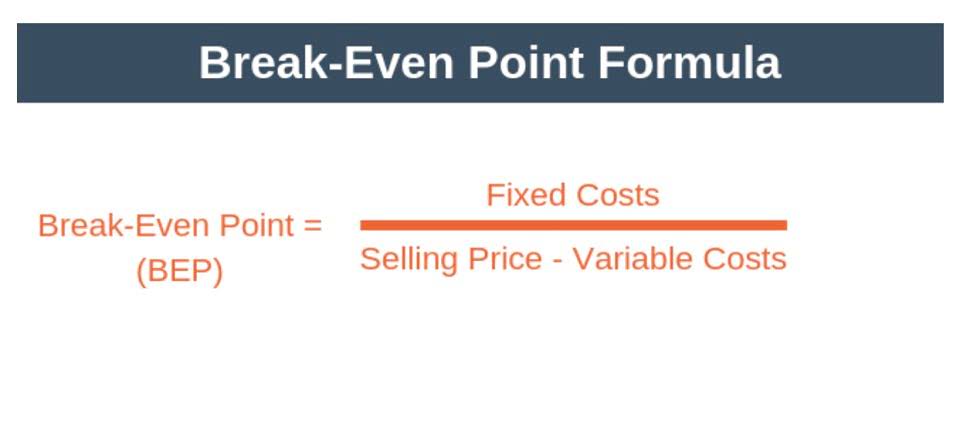
For tax savings to offset the administrative costs and burden, you’ll need to be a relatively high earner. While there’s no magic number, a minimum of $80,000 to $100,000 in business income is a good rule of thumb. Reasonable salary comes down to the job requirements and specialized skills or education required but also considers the amount of money the company makes. Should the company only make $20,000 annually and the S corp shareholder works 40 hours weekly, the owner would take all profits as a salary. Should the IRS find the shareholder is deliberately underpaying themself, it could s corp payroll assess taxes to be paid on what would be considered the reasonable salary plus potential fines and interest. If a shareholder works in the company, they must pay themselves a reasonable wage for their functions and have payroll taxes deducted from their paychecks.

Access additional help, including our tax experts
Evading taxes by disguising your salary as a distribution could get you serious penalties, on top of a big back-tax bill, if an IRS audit recharacterizes your S corporation income as salary. The IRS requires S Corp shareholder-employees to receive a reasonable employee salary, which it generally defines as at least what other businesses pay for similar services. The bookkeeping IRS also looks externally to determine what other businesses in the same industry and geographic area are paying for similar services. This involves comparing the shareholder-employee’s role to similar positions in companies of a comparable size and revenue. The IRS does not provide a specific formula for calculating reasonable compensation, as the determination is based on the facts and circumstances of each case. Courts and the IRS look at a variety of factors to assess if a salary is appropriate for the services performed.

How are S-Corp Distributions Taxed? An Easy Guide + 1 Simple Rule
As a result, these S corporations may find the compensation of their shareholder-employees challenged as being unreasonably high. It is likely that the limitation on the amount of Social Security wages subject to payroll tax will continue to increase, with some suggesting that Congress might remove it entirely. Suffice it to say that Watson will not be the last we hear regarding S corporation reasonable compensation. If the corporation has enjoyed rising revenues but the shareholder-employee’s salary has not increased, this may be an indication that compensation is unreasonably low. Spicer Remote Bookkeeping had an arrangement with his corporation whereby he donated his services to the corporation in exchange for no compensation, and as a stockholder he withdrew his earnings as distributions.
- If IRS ever decides to audit your company, you will have proof of why you believe your salary is reasonable.
- Additionally, the IRS takes into account the type of business you have when determining compensation.
- It provides valuable insights into ensuring compliance with IRS regulations while optimizing tax strategies for small business owners.
- The facts and circumstances that consider all 14 factors that apply are required in determining reasonable compensation.
- So let’s talk about what the IRS is gonna be looking for, but we also wanna be setting our reasonable salary with tax savings in mind.
Caution: Don’t mix business and personal expenses!
- We’ll go over the ins and outs of LLCs and S corps so you can make an informed decision about which option is best for you.
- As a sole proprietor, in addition to income taxes, the owner must pay self-employment tax of 15.3% of net income of the first $137,700 which consist of 12.4% for social security and 2.9% for Medicare taxes.
- However, every situation is unique, and it’s essential to consult a tax professional to determine if electing S Corp status would be beneficial.
- Refer to “Who Are Employees?” in Publication 15-A, Employer’s Supplemental Tax Guide.
- That’s a pretty safe number in terms of the Internal Revenue Service arguing an S corporation should have paid a shareholder-employee an even larger salary amount.
Dozens of countries have agreements with the US that prevent nationals of one country residing in the other from paying social security taxes to both. Countries with US totalization agreements include Canada, the UK, and most of the EU (among others). By claiming the FTC, expats receive dollar-for-dollar credits on foreign income taxes they pay. If they live in a country that has higher income tax rates than the US, this will usually offset their whole tax liability. It will also give them surplus tax credits they can apply toward future tax bills. If you’re a tax resident of another country, odds are you’ll be subject to income taxes by their government.
- Living in a country with a totalization agreement often reduces the tax benefits of having an S corp.
- Researching the average salary for a person in your position within your industry could be a good indicator of a reasonable salary.
- This includes keeping track of the factors you considered when determining your salary, such as industry standards and your job duties.
- While you can perform the calculation manually, a dedicated calculator can save time and reduce the risk of errors.
- And that’s because now you’re saying that you bucket all of your time into this one role.
- If distributions were taken in prior years in which reasonable compensation was not paid, reasonable compensation must be paid for those years.
- Ziprecruiter and Indeed are great – but you want this salary to be bulletproof, so you go to the Bureau of Labor Statistics and find this data.
- Keeper is the top-rated all-in-one business expense tracker, tax filing service, and personal accountant.
- You may end up spending more time and effort defending your compensation.
If a shareholder isn’t performing work for the company they will not be an employee and instead would receive a K-1 for passive income. This means that social security taxes will only be taken out on income up to that amount. For this reason, many think it’s reasonable for an S Corporation to pay this amount in shareholder wages. This rule of thumb does reportedly work well for those whose company profits are higher than this amount. If the IRS determines that an S-corp owner’s salary does not meet the guidelines of reasonable salary, the S-corp may be subject to penalties and fines. The IRS has the authority to reclassify distributions to owners as wages, which would increase the S-corp’s payroll taxes and penalties.
